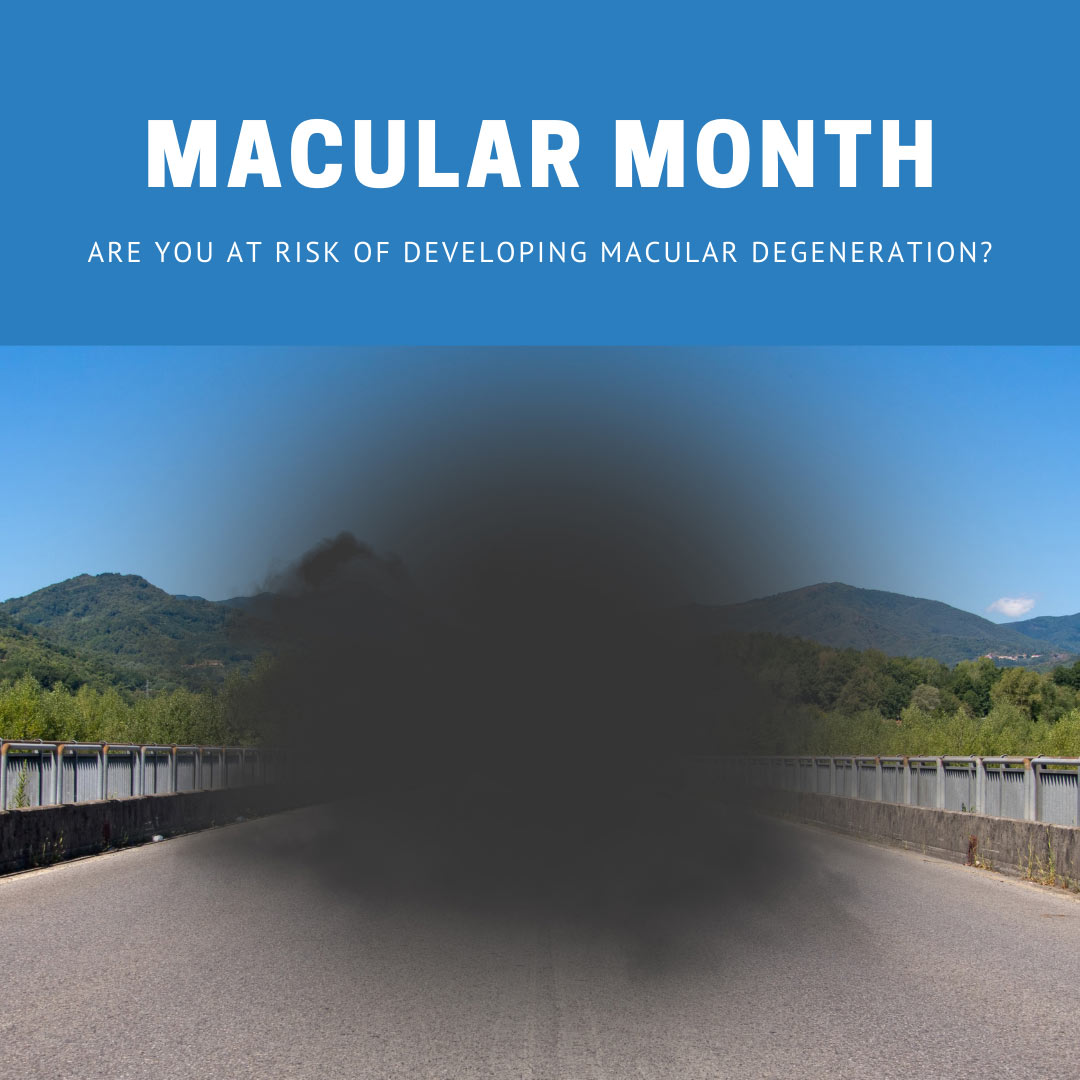The Impact of COVID-19 on Eye Health
COVID-19 infected persons may develop conjunctivitis, which is characterised by sore, red, watery eyes. The eye can be a transmission route forCOVID-19 if a contaminated hand touches or rubs the eye, so it’s of vital importance to wash your hands and avoid touching your face.
How does COVID-19 spread?
The COVID-19 virus is primarily spread via person-to-person contact, through the release of respiratory droplets when an infected person breaths, coughs, or sneezes. It can also be spread via indirect contact, for example if a person touches the same object as an infected person, and then touches their mouth, nose or eyes. COVID-19 is highly infectious and spreads easily from person to person.
People who are infected but do not show symptoms can also spread the virus to others. On average it takes 5–6 days from the time of infection for symptoms to show, however it can take up to 14 days.2 How easily a virus spreads from person to person can vary.1 The virus that causes COVID-19 appears to spread more efficiently than influenza but not as efficiently as measles, which is among the most contagious viruses known to affect people.
Can COVID 19 affect your eyes?
Yes. The World Health Organisation (WHO) has classified conjunctivitis as a less common symptom of COVID 19 infection.1 Conjunctivitis is an infection or inflammation of the conjunctiva, the clear tissue which covers the white part of the eyeball.
Cases of conjunctivitis vary from 4% to 31% among those with a confirmed case of COVID.4 Signs of conjunctivitis are typically red, sore, watery eyes. This can be accompanied by itchiness and light sensitivity.
Conjunctivitis is a common condition overall with many causes including bacteria, allergens and viruses, so your Optometrist is well trained to lookout for the signs of COVID related conjunctivitis.
Can COVID-19 be transmitted via the eyes?
Yes, although attaining COVID 19 infection through the eyes is much less common than through the nose or mouth. The eye is more likely to be infected secondary to the primary infection, i.,e a contaminated hand touches or rubs the eye.3 This is why good hand hygiene is so important.
Prevention
To prevent infection and slow the transmission of COVID-19, the following is recommended:
- Practice physical distancing by avoiding unnecessary travel, and staying away from large groups of people, especially those with cold like symptoms i.e. coughing or sneezing
- Wash your hands regularly with soap and water, or clean them with alcohol-based hand rub
- Wear a mask when possible
- Avoid touching your face
- Cover your mouth and nose when coughing or sneezing
- Stay home if you feel unwell
Take home messages
COVID-19 infected persons may develop conjunctivitis, which is characterised by sore, red, watery eyes. Your eye care professional will be on the lookout for any such presentation and take necessary steps to prevent the spread of the disease. The eye can be a transmission route for COVID-19 if a contaminated hand touches or rubs the eye, so it’s of vital importance to wash your hands and avoid touching your face.
References
1 World Health Organisation, “COVID-19 Clinical management: living guidance,” 2021.
2 Australian Government - Department of Health, "What you need to know about coronavirus (COVID-19)," 2021.
3 Pradhan S, Vaughan M, Zhang J, et al Sore eyes as the most significant ocular symptom experienced by people with COVID-19: a comparison between pre-COVID-19 and during COVID-19 states. BMJ Open Ophthalmology 2020;5:e000632. doi: 10.1136/bmjophth-2020-000632
4 Dawood AA. Transmission of SARS CoV-2 virus through the ocular mucosa worth taking precautions. 2021;22(1):56-57. doi:10.1016/j.vacune.2021.01.007
Why do my eyes hurt in the cold?
One very common and frustrating eye issue that increases in its prevalence over winter is dry eye. The colder temperature can cause your eyes to lose natural moisture, becoming dry and sore. Although this isn’t usually a serious condition, it can cause discomfort. Here are out top tips to ease the symptoms of dry eye and keep your eyes healthy this winter.
May is Macular Degeneration Awareness Month
inFOCUS this month... an annual awareness campaign to help Australians understand their risk of macular disease. May is Macular Degeneration Awareness Month.
Macular disease covers a range of painless conditions affecting the central retina, known as the macula, which sits at the back of the eye. This disease is unfortunately the leading cause of vision loss and blindness in Australia.
The macula is responsible for detailed central vision used for activities such as reading, driving and recognising faces. It’s also responsible for most of your colour vision and it is only early detection and intervention that will save your sight.
checkmymacula.com.au offer a quick quiz to assess your risk however the best course of action is to maintain regular eye checks and ensure you reach out to us if you notice any changes with your vision, especially when reading or driving.
School is back!
School is back and now is a great time to make an appointment to get your child's eyes tested either for the first time, or to get that review appointment that they may be due for.
Poor eyesight may cause learning and behaviour problems, which might be blamed on other things. This is especially true for young children, who may find it difficult to explain the difficulties they are having with their eyesight. They may not even be aware they have a problem at all.
Please book an appointment online or give us a call on 03 6334 1566.
We hope to see you soon.
Start the new year off with a fresh new look!
Start the new year off with a fresh new look! Many of the health funds re-set at the beginning of the year, so now might be a great time to use your new health benefits and enjoy little or no gap payment! Book an appointment online or visit our practice today a choose from our range of stylish spectacles.




